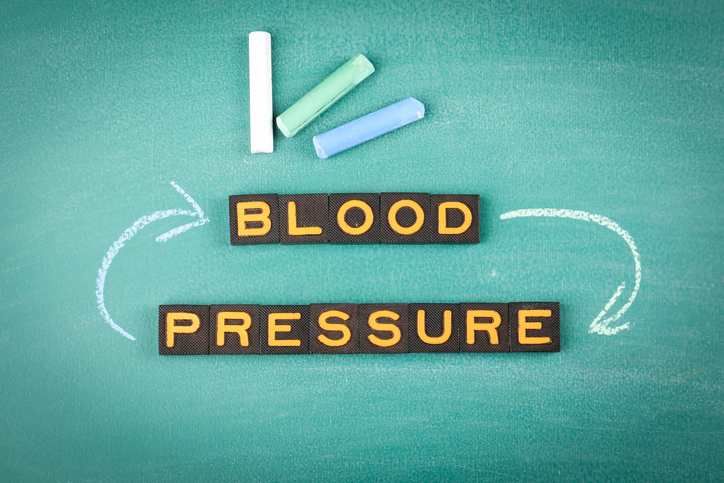Omega-3 Fatty Acids Did Not Reduce CV Events or Cancers
By DocWire News Editors - Last Updated: April 17, 2025Omega-3 fatty acids (found in fish oil supplements) were not associated with a reduction in cardiovascular (CV) events or cancers, results of the newly published manuscript of the VITAL study indicated.
The initial results of VITAL were presented at the American Heart Association 2018 Scientific Sessions in Chicago. The full results were published in current issue of the New England Journal of Medicine. The authors, using a two-by-two factorial trial design, looked at both omega-3 fatty acids and vitamin D for the primary prevention of cardiovascular events and cancers. The primary study endpoints included a combined major cardiovascular event endpoint (including myocardial infarction, stroke or death from CV causes) and invasive cancers of any type. The study researchers for the study enrolled more than 25,000 patients (n=25,871) in the study. Mean follow-up was 5.3 years.
#NutritionPharmacology
Supplements, even omega-3's, can't undo the damage of a bad diet. The diseases of metabolic syndrome are not due to deficiency, they are due to mitochondrial overload. How to stop the overload? Cut the refined carbohydrate and… https://t.co/zevTK2CPUj— Chadwick Digo (@ChadDigo) January 7, 2019
Marine n−3 Fatty Acids and Prevention of Cardiovascular Disease and Cancer@NEJM
Difficult: if you really test things quite often they do not seem to work…
https://t.co/s6f2pFwZsx— Tim Frenzel (@horstie) January 7, 2019
According to the results, CV events occurred in 386 patients in the omega-3 group compared to 419 in the placebo group (HR=0.92; 95% CI, 0.80 to 1.06; P=0.24). A total of 820 patients in the omega-3 group were diagnosed with invasive cancers compared to 797 in the placebo group (HR=1.03; 95% CI, 0.93 to 1.13; P=0.56). The researchers also reported similar outcomes in the vitamin D arm (vitamin D did not lower the incidence of CV events and new cancers).
https://twitter.com/sejordt/status/1081582082101571586
Indeed! When you eat too much carbohydrates, it leads to too much energy for your body. That too much energy is mitochondrial overload. Mitochondrial overload leads to excessive oxidation. Excessive oxidation causes a lot of… https://t.co/yCVeQ7ZYE1
— Dr. Angela A Stanton (@MigraineBook) January 4, 2019
“In the past decade, the numbers of persons who supplemented their diets with fish oil increased by a factor of 10 and with vitamin D by a factor of 4,” John F. Keaney, Jr., MD, and Clifford Rosen, MD, wrote in an accompanying editorial. “But any long-term health benefits from these products remain in doubt.”
🔬 New study @NEJM with 25.000 individuals shows that #Omega3 supplementation fails to reduce risks of cardiovascular events or cancer #CVD ➡️ https://t.co/VkXMvjrdwk pic.twitter.com/G6t2RaFnC6
— Jordi Lanuza (@j_lanuza) January 4, 2019
Once again it’s all about the foods you eat https://t.co/o7DVVDcErI
— Austell Health (@AustellHealth) January 3, 2019
For additional insight into the VITAL trial results, watch the DocWire News video interview with lead investigator JoAnne Manson, MD, of Harvard Medical School, conducted at the AHA 2018 Scientific Sessions in November.
Source: New England Journal of Medicine







 © 2025 Mashup Media, LLC, a Formedics Property. All Rights Reserved.
© 2025 Mashup Media, LLC, a Formedics Property. All Rights Reserved.